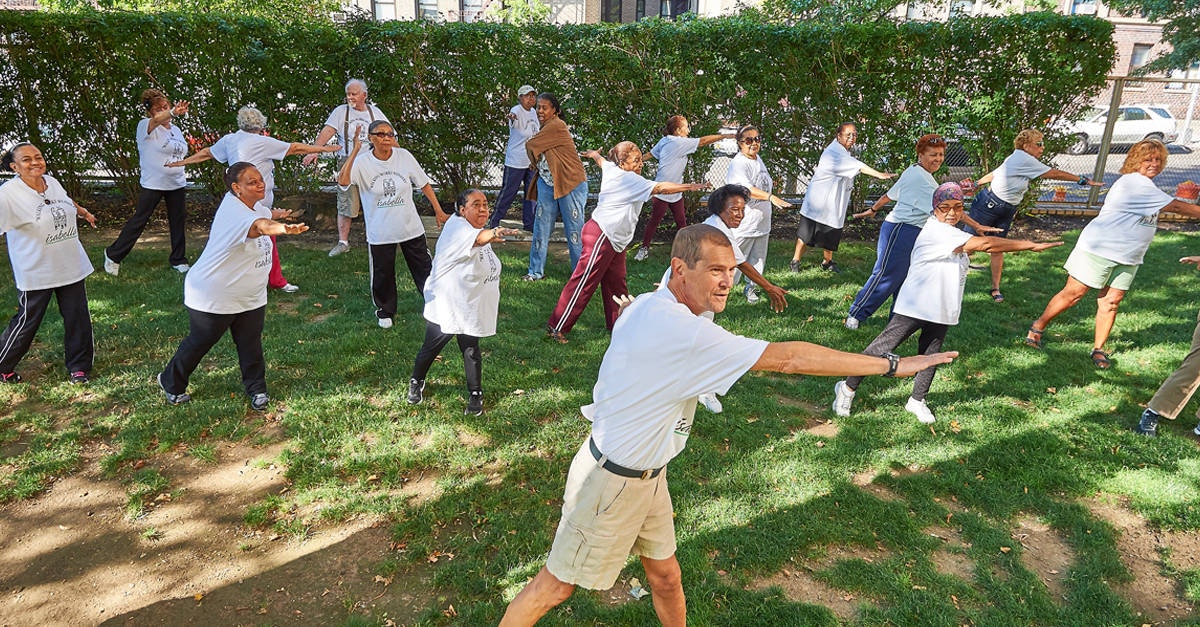
Motivating Your Loved One to Participate in Activities
As your loved ones get older, it is not uncommon to notice that they have developed some feelings of indifference toward their normal activities. Daily activities may become more difficult for your family member to perform over time, which may leave them feeling less energized or depressed. Although they may require some motivation to stay involved, it is important to find the positivity and encourage them to keep active.
A few of the many benefits of staying active during our aging years include:
- Improved ability to think clearly, learn, and remember
- Improved emotional well-being
- Decreased isolation
- Increased independence
- Increased self-worth and esteem
- Improved physical health and boosted immune system
- Increased longevity and quality of life
Overcoming Common Obstacles
Do not be put off if you initially run into some hurdles when attempting to motivate your loved one. We all dislike seeing people we care about feeling discouraged, but you can offer some simple solutions to conquer that self-doubt and overcome these potential barriers:
- Lack of interest or energy: Have an open conversation to see what interests your loved one. Encourage them to participate in developing a plan and take small steps to move toward those interests. Emphasize the mental and physical benefits of being active in your conversations, such as having fun while improving their health or meeting new people.
- Pain and discomfort: Speak with a health care provider to assess the source of pain and develop a plan of care to address it. A health care provider can help you understand what activities are safe for your loved one to participate in. In some cases, a plan for pain management may also help.
- Memory loss or cognitive decline: Slowly introduce and expand activities as part of a daily routine. Keep exercises simple, such as walking or stretching and provide lots of repetition of these activities. Music therapy can also be very beneficial in memory care, so try to incorporate their favorite songs into these activities.
- Feelings of loneliness or isolation: Especially in the wake of COVID-19, it is easy for your loved one to feel lonely or depressed. Spark conversations of about how being more active might combat those feelings and encourage activities where online participation is an option to remain socially connected and safe.
- Fixed Income: A fixed income does not have to be a reason to avoid activity. There are many low or no-cost activity opportunities such as:
- Walking
- Dancing to their favorite music
- Chair yoga
The Right Activities and How to Find Them
Common sense tells us that people of any age benefit from being physically, mentally, and socially active. It’s especially true that as we get older. It becomes more important to improve or maintain an active lifestyle. An excellent place to find activities is a local senior center, place of worship, or senior group. These can all be valuable resources for a variety of fun, interesting activities for seniors.
There are many activities to choose from, and here are some examples of popular activities for seniors:
- Walking
- Music-assisted therapy
- Pet visits or animal-assisted therapy
- Swimming or water aerobics
- Painting or drawing
- Games (i.e. board games, bingo, chess, cards, crossword puzzles)
- Clubs that incorporate interests, such as:
- Book clubs
- Gardening clubs
- Sewing clubs
- Cooking clubs
- Dancing clubs
- Smart phone apps to connect socially
- Video chat
- Virtual classes
- Games
- Virtual therapies
This information is just a brief overview of some common ways of how you can get your loved one more involved and active. We hope that you’ve found it helpful. Also remember, a great way to to motivate your loved one is by having the whole family participate in an activity together. It could be just the inspiration your loved one needs.
At MJHS, we value both personal and professional caregivers and recognize the critical work you do. That is why we have created these online caregiving resources to help you through this crucial time in your life.
If you need additional help and support caring for your loved one, please feel free to contact MJHS. We can recommend other care options available to you through one of our programs.